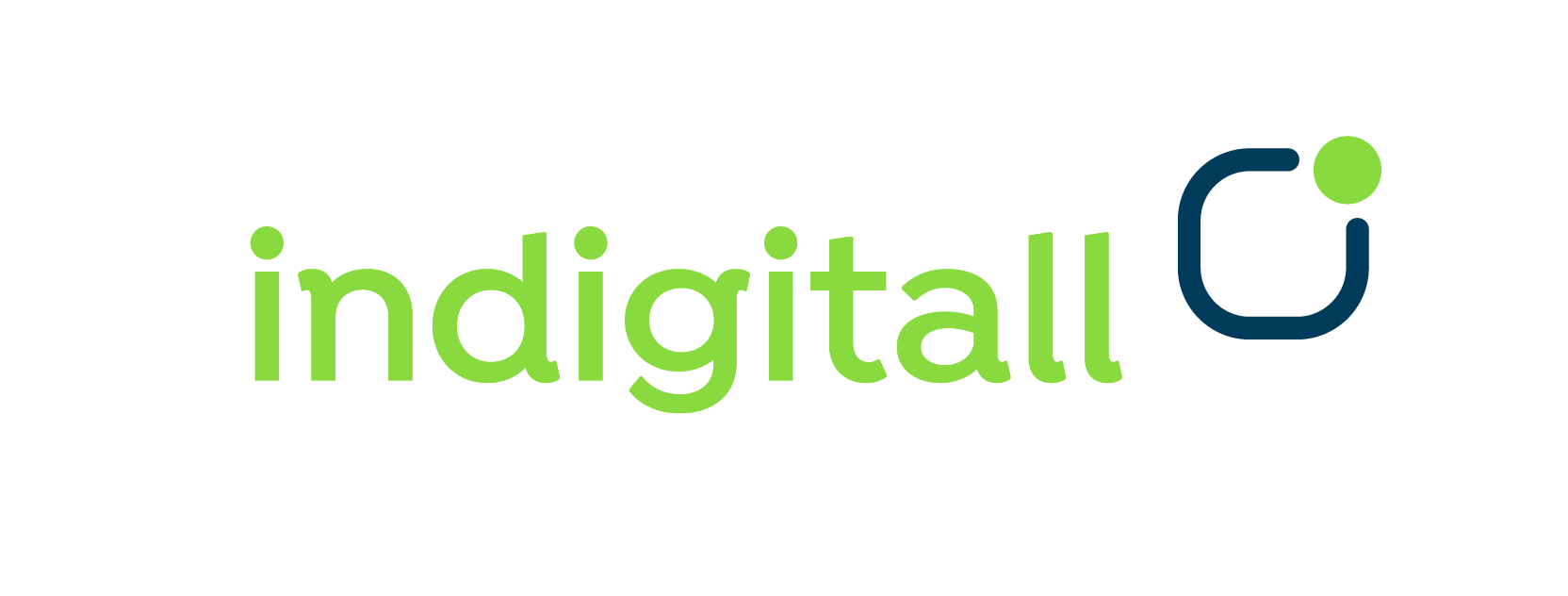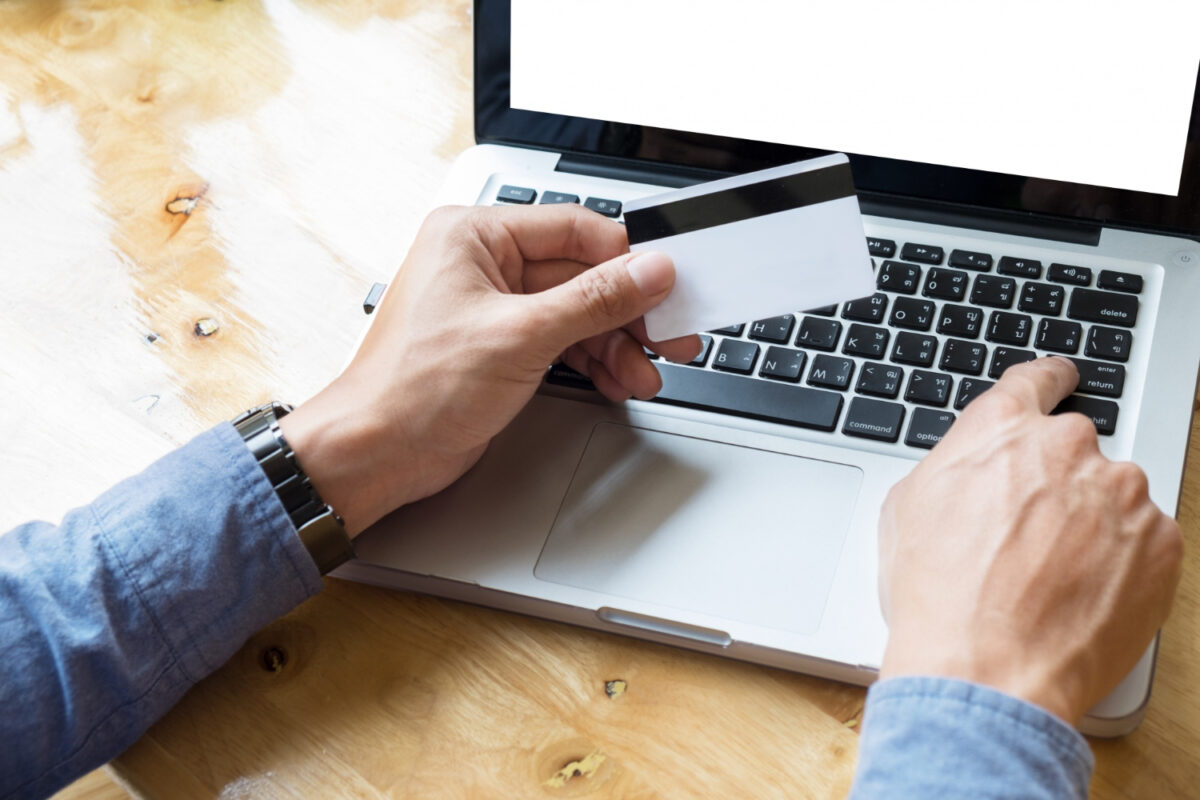
WhatsApp becomes a direct payment tool
Overview
The new WhatsApp update allows users to make payments directly to local merchants from within the WhatsApp chat.
Last April, Meta received approval from Brazil’s central bank to make transfers. Through this launch, Meta is fulfilling the wish of many merchants and customers who until now had to use a third-party payment service to create a payment link and in turn complete the purchase. Let’s take a closer look at how these payments are made and their benefits.
Practical and revolutionary features of WhatsApp
Paying from chat will allow Brazilians to get the most out of this instant messaging application. So they will be able to enjoy an absolute/complete experience regarding in-app purchase. According to data provided by Meta, this service opens the possibility to more than 5 million companies.
From WhatsApp they assure “that this secure and seamless payment experience will change the rules of the game for individuals and small businesses.”
“We are launching today to a small number of businesses and will be available to many more in the coming months.”
Is this new payment method secure?
With this in mind, WhatsApp guarantees that payments can be made safely and securely. Therefore, the owners of a company or business, can easily access this new functional tool. And that’s not all, customers will be able to pay with debit and credit cards, regardless of whether they are Mastercard or Visa as long as they are issued by a number of banks operating in Brazil. In addition, companies can link payment gateways such as Cielo, Mercado Pago, Rade, etc., in a secure way.
Benefits of using WhatsApp to buy and sell
- Time saving: Instead of the messaging application redirecting you to a web page, you will save time.
- Greater satisfaction: It is very practical for sellers, since in a single chat the customer can request the product and close the purchase. On the other hand, for the buyer it generates a frictionless purchase.
- Security first and foremost: A protected purchase is the reason why many buyers access a certain payment gateway. The messaging application wants to ensure purchases with as little risk as possible, so that your data and payment information are not cloned.
How are payments made via WhatsApp?
1. Linking the payment account
To receive payments on WhatsApp, it is essential to add a payment setup to the business merchant account. This setup will take place on the “Direct Payment Methods” page within the WhatsApp Business Manager, each payment setup is associated with a unique name and will allow the bank account to be linked to WhatsApp.
When you go to specify the payment method to be used for specific payments. Then WhatsApp will generate a payment link associated with the bank account that has been linked earlier. After linking the bank account, it must be integrated with the payment APIs. This last step will allow
send an order details message to the customers with the payment settings to make the payment.
2. Purchase process
It should be noted that everything unfolds when the customer accesses the purchase of the product and the business sends all the information to pay. This is developed in the following way:
- The customer contacts the business to place the order for the product and obtain additional details through a message to agree on the purchase.
- After the order is received, the details of the order are sent. There, the words “Review and Pay” will be highlighted and by tapping on them, the order information and the amount to be paid will be displayed.
- Then, you will see the Secure Payment button, pressing it will open a web view for the customer to pay.
- Once confirmed, a notification about the status of the order will be displayed.
- Additionally, companies can communicate with the user to inform him about the status of his order. Then it is time to wait until the order reaches the customer and the customer confirms that the order has been successfully received.
In short, the new functions that WhatsApp has for Brazil will improve the way of selling and buying in the country. Strengthening the business-customer relationship and improving finances.



